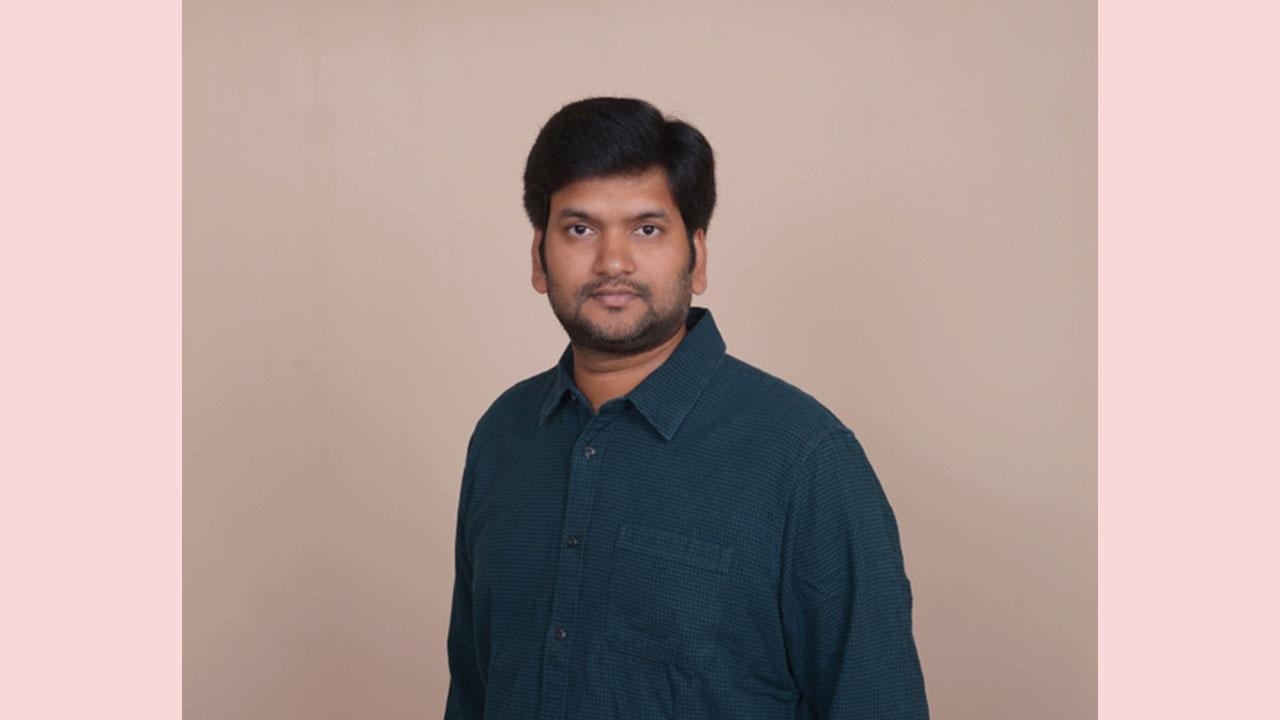Girish Ganachari’s contributions have redefined real-time data engineering in healthcare, setting new standards for efficiency, accuracy, and interoperability.

Girish Ganachari
The modern healthcare landscape is increasingly reliant on data-driven decision-making, where real-time data pipelines play a crucial role in enhancing patient care, optimizing operations, and ensuring compliance with industry regulations. As data engineering continues to evolve, its impact on healthcare is becoming more evident, enabling predictive analytics, seamless interoperability, and real-time monitoring that drives innovation in clinical workflows.
ADVERTISEMENT
Girish Ganachari has always been dedicated to this transformation. His expertise in real-time data engineering has revolutionized healthcare data processing. His journey from a data engineer to a senior leader in healthcare technology has been marked by transformative contributions that have significantly improved data reliability, interoperability, and efficiency. Having worked with some of the largest healthcare organizations, including a leading private healthcare corporation and a major health insurance subsidiary, he has played a pivotal role in optimizing healthcare data infrastructure. His expertise in integrating electronic health record (EHR) systems such as Meditech, Epic, and Cerner has further reinforced his contributions to the sector.
The expert has played a key role in advancing healthcare data infrastructure, notably through the implementation of real-time data pipelining for the largest clinical data warehouse in the country, streamlining data integration across multiple healthcare applications. His work has not only enhanced the accuracy of patient data processing but has also laid the foundation for predictive analytics in preventive healthcare. His research, “Application of Real-Time Data Pipelines in the HealthCare Industry”, has provided valuable insights into how real-time architectures can transform healthcare data management by reducing latency and improving clinical decision-making.
Ganachari's expertise in data transformation became evident when he facilitated seamless interoperability between multiple healthcare applications by designing a unified data framework, ensuring more efficient and cohesive communication across systems. His efforts in this domain have significantly improved communication between different healthcare entities, allowing for efficient care coordination. His research, “Impact of FHIR Data Format in HealthCare Interoperability”, highlighted the challenges and opportunities of using FHIR (Fast Healthcare Interoperability Resources) to standardize healthcare data exchange, ensuring that disparate systems can communicate seamlessly.
A major breakthrough in Girish’s career emerged through a cardiac care project where real-time data processing played a pivotal role in enabling proactive patient alerts for critical cardiac conditions. By minimizing data hops and employing event-driven architectures, he ensured that patient data was processed with millisecond latency, facilitating timely medical interventions. This project not only demonstrated the life-saving potential of real-time healthcare analytics but also set a benchmark for similar AI-driven healthcare applications. The initiative reinforced the notion that predictive analytics, when combined with real-time processing, can lead to meaningful advancements in patient care.
Despite the success of these projects, challenges were inevitable. In the cardiac care project, optimizing data processing speed while maintaining accuracy required redesigning data workflows to eliminate redundancies. By leveraging event-driven architectures, Girish ensured that patient alerts were triggered instantaneously, without delays. Similarly, in the healthcare data transformation project, inconsistencies in FHIR adoption posed a hurdle to seamless data exchange. His solution involved developing a custom canonical data format that bridged the gaps in early-stage FHIR implementations, demonstrating how adaptability and technical expertise can drive successful data standardization.
As we move ahead, the professional foresees real-time healthcare data processing continuing to evolve through AI-driven automation and edge computing. The expansion of AI-based predictive analytics is expected to shift healthcare from reactive to preventive models, where real-time health monitoring will preemptively identify risks before they escalate. Additionally, the maturation of FHIR standards will enhance interoperability, making seamless data exchange across healthcare systems a reality. With advancements in edge computing and 5G networks, critical health data will be processed closer to the source, reducing reliance on cloud latency and enabling instantaneous medical interventions.
Girish Ganachari’s contributions have redefined real-time data engineering in healthcare, setting new standards for efficiency, accuracy, and interoperability. His research and hands-on innovations serve as a testament to how technology, when harnessed effectively, can transform the way healthcare data is processed and utilized. As the industry continues to embrace real-time architectures and AI-driven decision-making, his work will remain instrumental in shaping the future of digital healthcare.
 Subscribe today by clicking the link and stay updated with the latest news!" Click here!
Subscribe today by clicking the link and stay updated with the latest news!" Click here!







